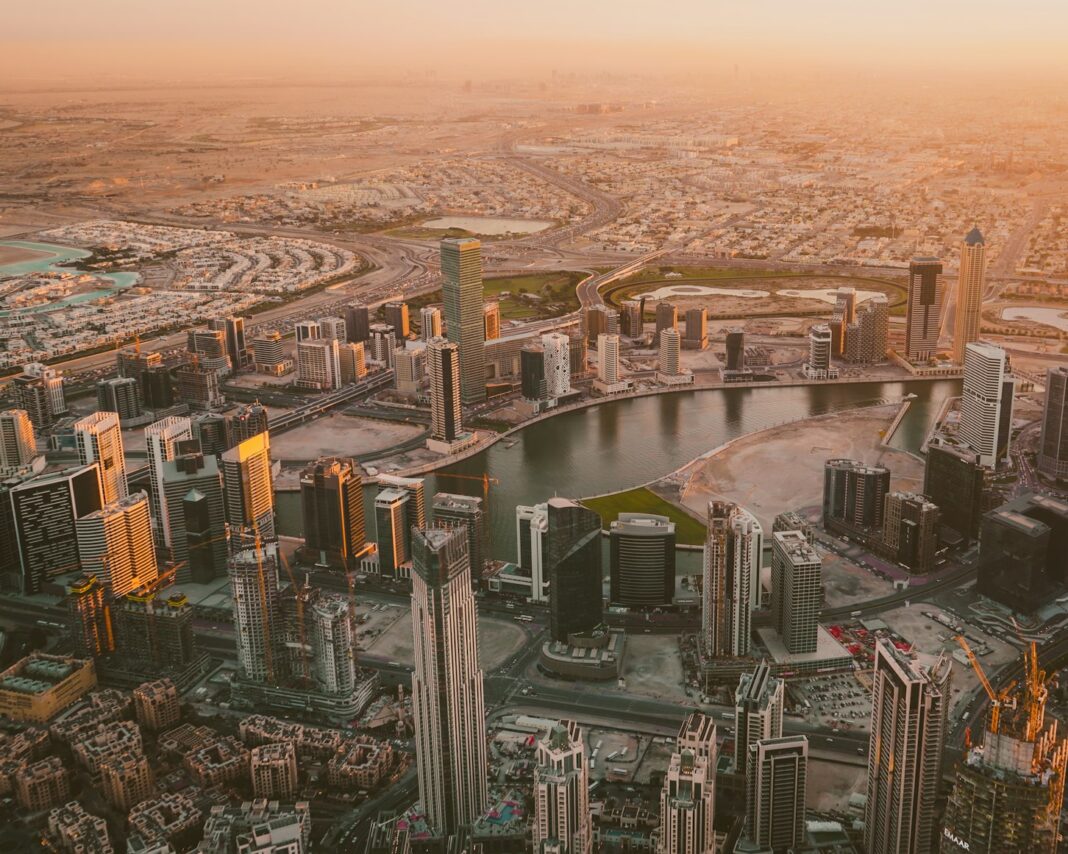Introduction: The Mosaic of UAE Politics
As the United Arab Emirates (UAE) continues to evolve on the global stage, its political landscape stands as a complex mosaic shaped by a myriad of influences. In this exploration, we venture into the intricacies of UAE politics, unraveling the structures, key players, and cultural elements that contribute to the unique political fabric of the nation.
Federalism at the Core: Balancing Unity and Autonomy
A cornerstone of UAE politics is the federal structure, where the nation is a federation of seven emirates. Each emirate possesses a degree of autonomy while collectively contributing to the unified federal system. This approach allows for a delicate balance between national cohesion and the preservation of individual emirate identities.
The Supreme Council of Rulers: Collaborative Decision-Making
The apex of political leadership in the UAE is the Supreme Council of Rulers. Comprising the rulers of each emirate, this council comes together to elect the President and Vice President. The collaborative decision-making within this council reflects the ethos of collective leadership that defines UAE politics.
The President and Vice President: Heads of State
At the helm of the UAE’s political hierarchy is the President, elected by the Supreme Council of Rulers. The Vice President supports the President in various capacities. Together, they form the executive branch responsible for steering the nation’s policies and overseeing the government’s day-to-day operations.
The Federal National Council (FNC): A Platform for Representation
The Federal National Council plays a pivotal role in UAE politics, serving as a parliamentary body that represents the citizens. While its members are appointed by the rulers of each emirate, the FNC engages in legislative discussions, policy formulation, and provides a conduit for public opinion to influence governance.
Shura Councils: Localized Governance Structures
Beyond the federal level, UAE politics includes Shura Councils in individual emirates. These councils operate as consultative bodies, facilitating localized governance and providing a platform for citizen engagement in shaping policies that directly impact their communities.
Cultural Influences: Tradition in the Political Spectrum
Cultural influences play a significant role in UAE politics, intertwining tradition with modern governance. The rich heritage and tribal traditions continue to shape leadership structures and decision-making processes, creating a unique political ethos that blends the old and the new.
Diplomacy on the Global Stage: UAE’s International Role
UAE politics extends beyond national borders through a robust approach to diplomacy. Engaging in international affairs, the UAE has become a key player in regional stability, economic partnerships, and humanitarian efforts. The nation’s political dynamics are increasingly influencing the global political landscape.
Shaping the Future through Political Vision
A guiding force in UAE politics is Vision 2030, a comprehensive plan that outlines the nation’s aspirations for economic diversification, technological innovation, and sustainable development. This forward-looking vision serves as a blueprint for political decisions that align with the nation’s long-term goals.
Conclusion:
As we conclude our exploration of UAE politics, it becomes evident that the nation’s political landscape is a dynamic and evolving tapestry. From the collaborative decision-making at the federal level to localized governance structures and the influence of cultural traditions, UAE politics represents a harmonious blend of diverse elements working in unison for the progress and prosperity of the nation.


